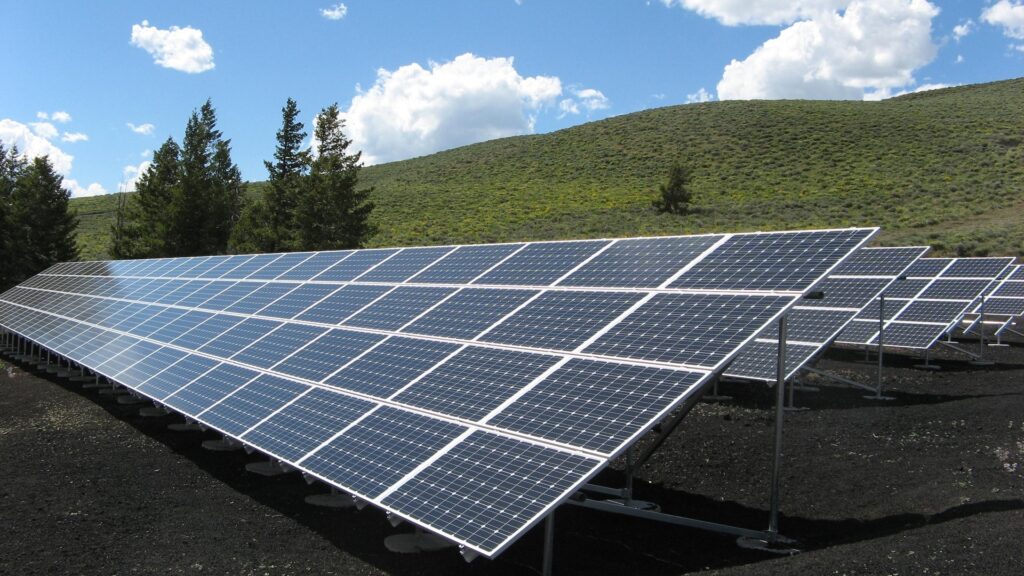
Can Science Be More Equitable So That Everyone Enjoys the Benefits? Open Science is the Answer
Can Science Be More Equitable So That Everyone Enjoys the Benefits? Open Science is the Answer https://opusproject.eu/wp-content/uploads/2023/02/pexels-pixabay-159397-1024x576.jpg 1024 576 Open and Universal Science (OPUS) Project Open and Universal Science (OPUS) Project https://opusproject.eu/wp-content/uploads/2023/02/pexels-pixabay-159397-1024x576.jpgThe concept of open science is gaining increasing recognition as a way to accelerate progress towards the Sustainable Development Goals. From 8 to 10 February 2023, policy-makers, researchers, scholars, librarians, publishers and others have met in New York at the third United Nations Open Science Conference to discuss how open science can drive progress towards achieving these goals. This conference was organized by the Dag Hammarskjöld Library in collaboration with UNESCO and the UN Department of Economic and Social Affairs.
The conference focused on a burning question: how can we make the practice of science more equitable and more transparent to ensure that everyone enjoys the benefits? Despite the best intentions of individual researchers and institutions, most new knowledge is available to a minority of readers and the scientific process itself is often opaque. Investment in research infrastructure, research funding processes and research prioritization are all masked within boundaries set by disciplines or institutional and national practices, with limited transparency and engagement.
Over 60% of research articles published over the past decade on the topic of climate change and nearly 50% of those related to biodiversity are still locked behind paywalls, even though climate change and biodiversity loss are considered existential challenges for humanity. This creates a paradox, as the right to access science and its benefits was set out in the 1948 Universal Declaration of Human Rights. Despite more than 70 years having passed since the declaration was made, science is still struggling to meet its social contract.
A growing number of scientists and non-scientists now acknowledge that this barrier is not only holding back individual scientists but is also holding back scientific progress and the vital solutions needed to tackle climate change, biodiversity loss, health pandemics, and other pressing challenges. Scientists and non-scientists from all over the world have endorsed the idea of a global transition to open science.
Audrey Azoulay, Director-General of UNESCO, has observed that “Today, closed science models no longer work because they amplify inequalities between countries and researchers and because they only make scientific progress available to a minority.” She made this point in a Joint Appeal for Open Science with UNESCO, the World Health Organization, and the United Nations High Commissioner for Human Rights on 27 October 2020.
In 2020, at the start of the COVID-19 pandemic, Azoulay launched an ambitious global effort to establish the Recommendation on Open Science, the first international framework on open science. This was adopted by 193 member states in November 2021. The UNESCO Recommendation defines the norms, values, principles, and actions for achieving open science for all. Before the Recommendation, there was no universal definition of open science, and standards existed only at regional, national or institutional levels. Now, we have a shared framework and a set of actions to take across the four key pillars of openness: open scientific knowledge; open science infrastructures; open engagement of societal actors; and open dialogue with other knowledge systems.
Open science means opening up among scientists, across borders, between disciplines and beyond single communities. Bringing this vision to reality requires coordinated efforts by all. To support these efforts, UNESCO launched in December 2022 its Open Science Toolkit, a collection of resources designed to support the implementation of the UNESCO Recommendation on Open Science.
Open science has real costs, just like standard science. Ensuring that those costs are not passed onto marginalized scientists and do not disproportionately affect low-resource regions will require extra attention. Yet, none of those costs are insurmountable, particularly when funds are redirected from closed to open scientific practices.
The COVID-19 pandemic demonstrated that the scientific community can come together and beat paywalls to share science. Several institutions, major publishers, and governments acted swiftly to share publications, databases, methods, and tools in order to overcome the challenge and help the humanity.
Click here to read more by Shamila Nair-Bedouelle, Assistant Director-General for Natural Sciences, UNESCO
- Post Tags:
- #OpenScience
- Research
- Posted In:
- Open Science News




